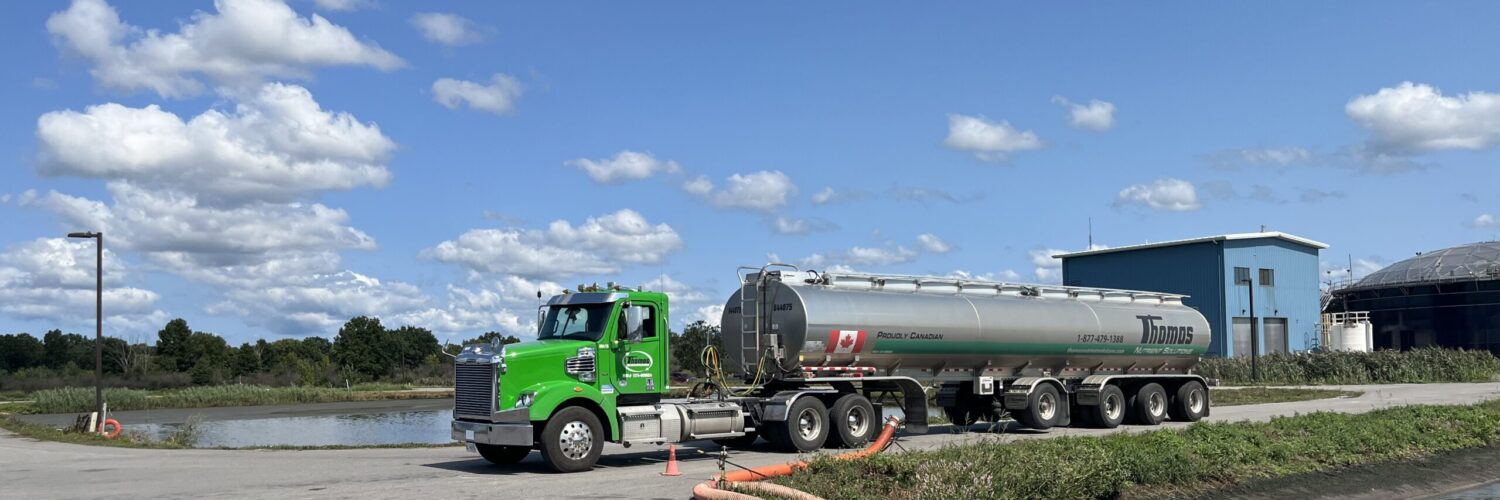If there is one thing that you would never associate with each other, it would be wastewater and beer. Yet, researchers from Canada and Australia have endeavoured to make that connection, all in the hopes of using innovative water treatment in crafting beer that can potentially save our planet.
Village Brewery from Alberta, Canada, introduced a limited-edition batch of its flagship Village Blonde Natural Golden Ale, which is brewed using a novel water treatment system to purify treated wastewater.
This was developed along with their partners from the University of Calgary’s Advancing Canadian Water Assets (ACWA) and Xylem Inc to bring attention to the plight of water scarcity.
The water treatment that was used for the beer involved tertiary treatment technologies such as advanced oxidation and nano-filtration. After the water was treated, it was tested to determine if it met the rigorous standards outlined by the Alberta Health Services’ Safe Healthy Environment (AHS-SHE) for water reuse, which included pathogen reduction requirements and Canadian Drinking Water Guidelines.
“Municipal wastewater was treated in a full-scale Biological Nutrient Removal treatment plant, and then additional advanced treatment was done using ultrafiltration, followed by advanced oxidation (ozone + ultraviolet treatment), then reverse osmosis. This multi-barrier process was monitored for the full duration of water production to ensure it met criteria specified by Alberta Health Services. Additional laboratory testing confirmed no presence of disinfection by-products,” according to the University of Calgary.
In Australia, Young Henrys Brewery is opting for a different approach to creating environment-friendly beer by incorporating algae into its production.
The reasoning behind it is that since fermentation during traditional beer production releases massive amounts of carbon dioxide, the use of in-house cultivated algae not only absorbs the CO2, but it releases as much oxygen as two and half acres of wilderness.
Oscar McMahon, Young Henrys’ Co-Founder, says that the project was not meant for profit, but as an idea that he can share with other people for them to use.
Young Henrys partnered with the University of Technology Sydney to develop a new water treatment method to brew beer that is carbon neutral. They used two bioreactors to cultivate the algae. The first is a control which contains CO2, oxygen, and algae. The second chamber contained the same three components but is connected to a fermentation tank. As fermentation occurs, CO2 is produced which flows into the bioreactor.
At each day’s end, the control bioreactor is inspected which showed that algae was consistently reduced by 50%, according to McMahon. McMahon believes that this method can not only lower CO2 emissions from beer production but will hopefully convert it into oxygen as well.
The brewery is currently experimenting with ways to incorporate algae into food, pharmaceuticals, and bioplastics. McMahon and Young Henrys are consulting with engineering and beer industry groups to find a way to scale up algae production and develop new products.
McMahon is amazed by the harmony that algae and other microorganisms have during beer fermentation, comparing them to “yin and yang organisms, similar things that live in big tanks of liquid that conduct opposite yet correcting jobs.”
If you are a municipality in Ontario and in need of a biosolids management solution, please feel free to contact us at 1 (877) 479-1388.
Source:
https://www.wwdmag.com/
https://www.wwdmag.com/

